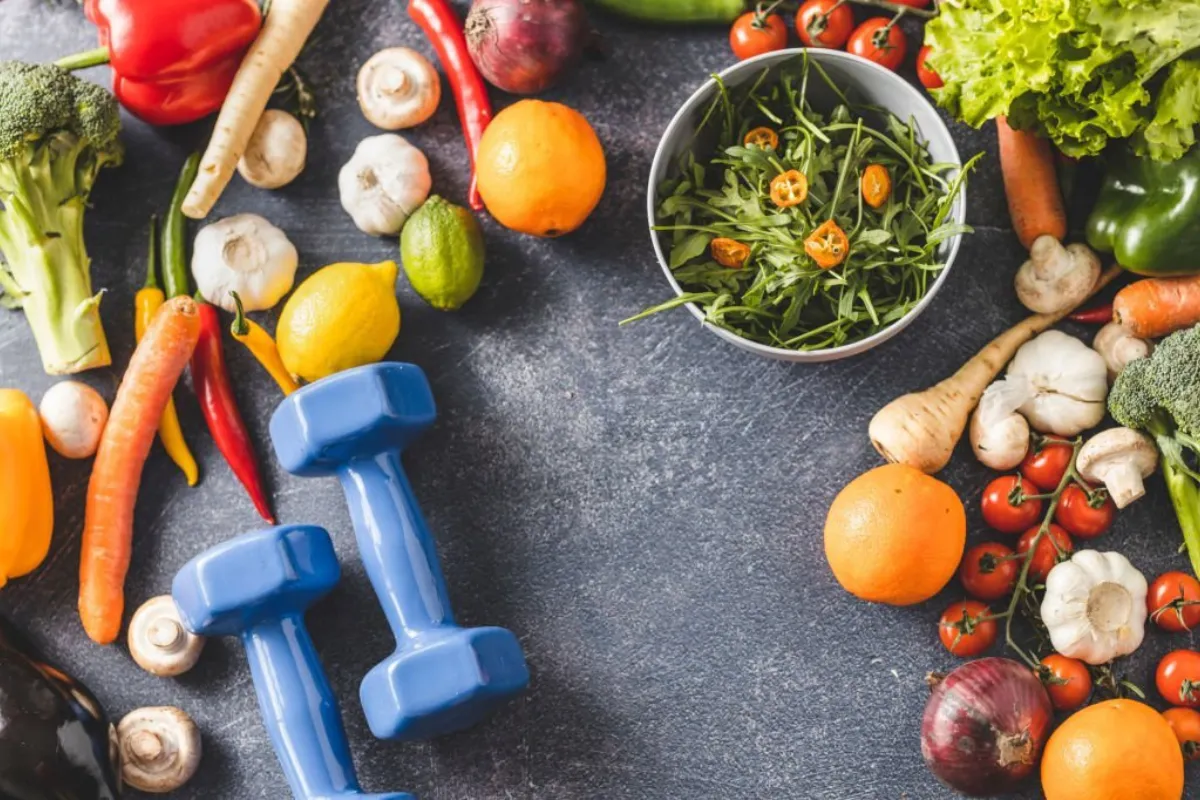Nutrition and Fitness: Keys to Lowering Cholesterol

In the journey toward achieving optimal health, two critical components—nutrition and fitness—stand out as inseparable allies. Like two sides of the same coin, they work in tandem to shape a balanced and healthy lifestyle. While physical fitness builds strength, endurance, and flexibility, proper nutrition fuels the body to sustain these activities, repair itself, and thrive.
The Interconnection of Nutrition and Fitness
Fitness alone cannot yield its full benefits without a well-rounded diet, and nutrition cannot fully support the body without regular physical activity. Together, they form the foundation of holistic well-being:
- Energy and Performance:
Nutrition provides the energy required to perform physical activities effectively. Carbohydrates, for instance, act as the primary energy source for high-intensity workouts, while proteins support muscle repair and growth. Healthy fats contribute to long-term energy reserves. - Recovery and Repair:
After physical exertion, the body undergoes wear and tear, particularly in muscles and tissues. A diet rich in proteins, vitamins, and minerals aids in the recovery process, reducing soreness and fatigue. - Immunity and Resilience:
Regular exercise boosts the immune system, and when paired with a nutrient-dense diet, it strengthens the body’s defenses. Antioxidants, vitamins C and D, and zinc, among others, play a significant role in enhancing immunity. - Weight Management:
Fitness routines help burn calories, improve metabolism, and build lean muscle mass. Proper nutrition ensures that the calories consumed are balanced to maintain or reduce weight effectively. - Mental Health and Focus:
Physical activity releases endorphins, improving mood and reducing stress. Meanwhile, certain foods like nuts, seeds, and leafy greens contribute to brain health and cognitive function, creating a synergy that enhances overall mental well-being.
Also read : Women endowed by nature with better immunity than men, say experts
Practical Tips for Aligning Nutrition and Fitness
- Plan Balanced Meals:
Incorporate a mix of macronutrients—carbohydrates, proteins, and fats—along with micronutrients such as vitamins and minerals to meet your body’s needs. - Stay Hydrated:
Proper hydration is essential for maintaining energy levels, preventing cramps, and aiding digestion. - Time Your Meals:
Eat a light, carb-rich snack an hour before exercising for an energy boost. Post-workout, consume a meal rich in proteins and carbohydrates to aid muscle recovery. - Focus on Quality Over Quantity:
Opt for nutrient-dense foods like whole grains, lean proteins, fruits, vegetables, and healthy fats rather than empty calories from processed foods. - Incorporate Variety:
Keep your diet and exercise routines diverse to ensure you’re meeting all nutritional requirements and keeping your workouts engaging.
The Bigger Picture
Fitness and nutrition aren’t about quick fixes or temporary changes; they’re about creating sustainable habits that enhance the quality of life. A fitness routine, no matter how rigorous, cannot compensate for poor eating habits. Similarly, even the most nutritious diet cannot replace the physical benefits of an active lifestyle.
By viewing nutrition and fitness as parallel forces working together, individuals can achieve greater physical performance, mental clarity, and long-term health. Together, they pave the way for a more vibrant and fulfilling life.
So, take the first step today: move more, eat smarter, and experience the transformational power of this dynamic duo.





